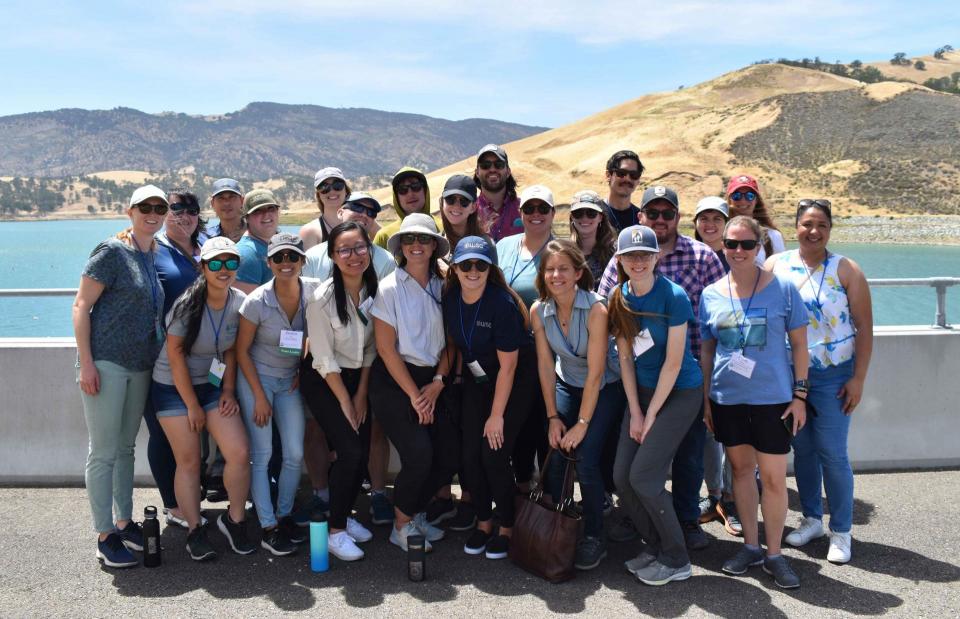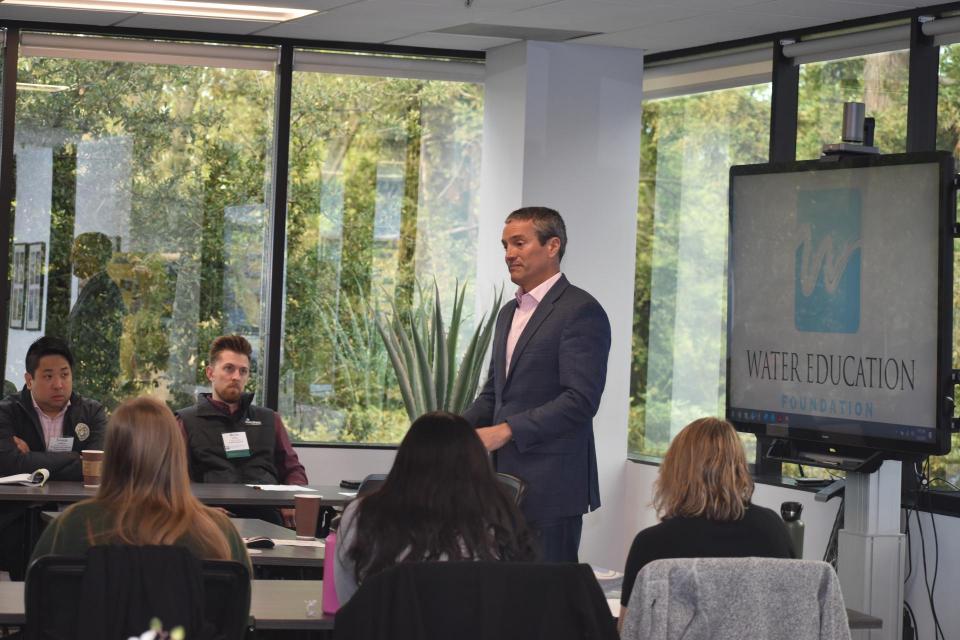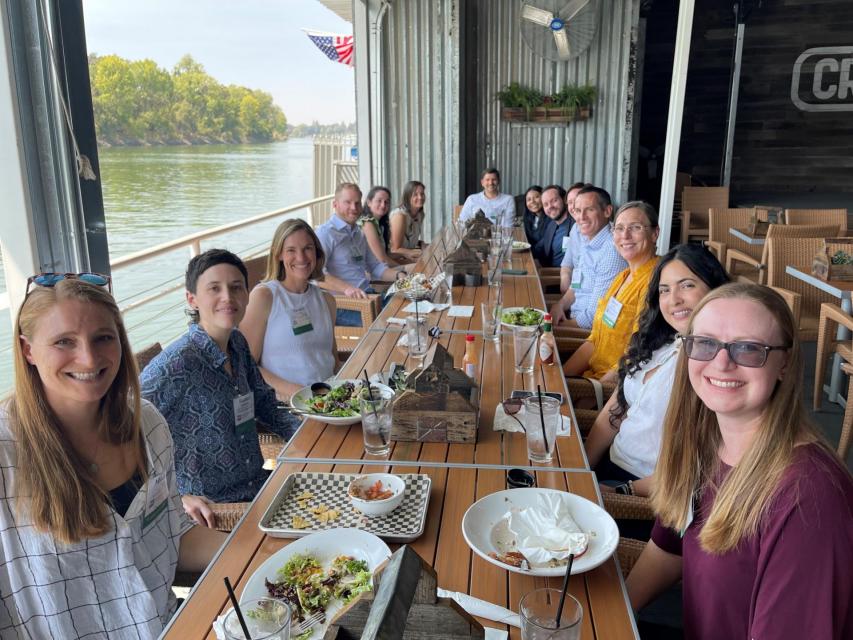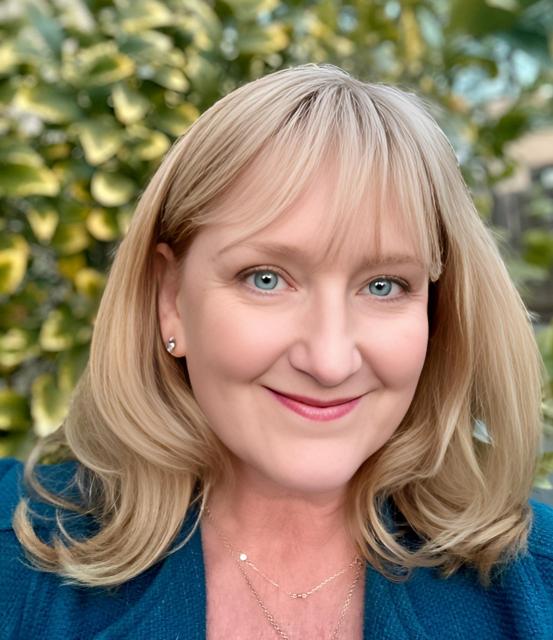California Water Leaders
 Led by Executive Director
Jenn Bowles, the California Water Leaders program brings
together 20 or so participants in their early to mid-career from
across California and various interest groups and professions.
The program deepens knowledge on water, enhances individual
leadership skills and prepares cohort members to take an active,
cooperative approach to decision-making about water resource
issues. Each cohort member is paired up with a mentor from a
leading stakeholder group or who works as a policymaker.
Led by Executive Director
Jenn Bowles, the California Water Leaders program brings
together 20 or so participants in their early to mid-career from
across California and various interest groups and professions.
The program deepens knowledge on water, enhances individual
leadership skills and prepares cohort members to take an active,
cooperative approach to decision-making about water resource
issues. Each cohort member is paired up with a mentor from a
leading stakeholder group or who works as a policymaker.
The program began in 1997 and now boasts more than 500 graduates. We are particularly proud that several of our Water Leaders graduates have gone on to achieve top positions at the state Legislature, government agencies, nonprofit organizations and leading private companies involved in water. Check out our profiles under Where are They Now?
Watch a short video made during our 25th anniversary celebration of the Water Leaders program in 2022 to find out what alums say about it.
 The program is named
for William R.
“Bill” Gianelli, who served as Assistant Secretary for the
Army in charge of the Corps of Engineers from 1981 to 1984 and
director of the California Department of Water Resources from
1967 to 1973 during major construction on the State Water
Project. He began his career with DWR in 1946. He served as
president of the Water Education Foundation
during the 1980s. He passed away in 2020 in Monterey, California.
Read his obituary here,
written by the journalism team at the Water Education Foundation.
The program is named
for William R.
“Bill” Gianelli, who served as Assistant Secretary for the
Army in charge of the Corps of Engineers from 1981 to 1984 and
director of the California Department of Water Resources from
1967 to 1973 during major construction on the State Water
Project. He began his career with DWR in 1946. He served as
president of the Water Education Foundation
during the 1980s. He passed away in 2020 in Monterey, California.
Read his obituary here,
written by the journalism team at the Water Education Foundation.
Participant Requirements
Designed as a program for working professionals in early- to mid-career, participation still involves a strong time commitment from both the cohort member and the employer.
The program starts in January and ends in December, and requires
cohort members to:
- Attend a special one-day orientation in January.
- Attend two water tours, one of which is mandatory for all Water Leaders.
- Attend the Foundation’s annual Water 101 Workshop and annual Water Summit.
- Spend a day “shadowing” a mentor who is a major water leader (from government, urban, agriculture, environmental organization, private businesses, or public interest group).
- Interview the mentor about an issue selected for the cohort project.
- Attend four work-group meetings throughout the year to develop policy recommendations with your cohort about the assigned topic, craft a written report and create a presentation.
- Attend the Foundation’s Board of Directors’ meeting at the end of the year (late November/early December) to present the cohort’s policy recommendations.









